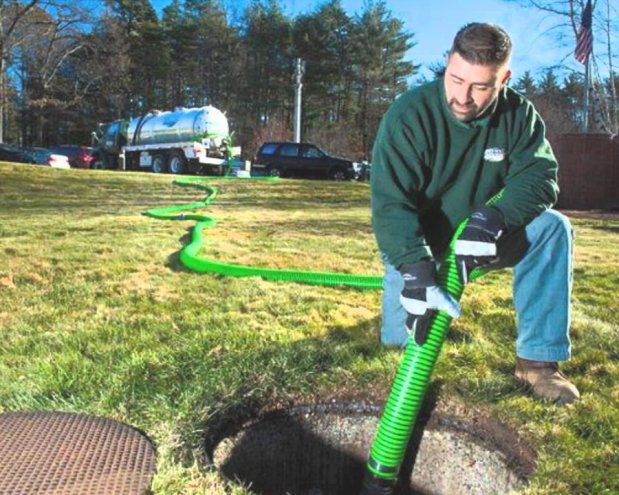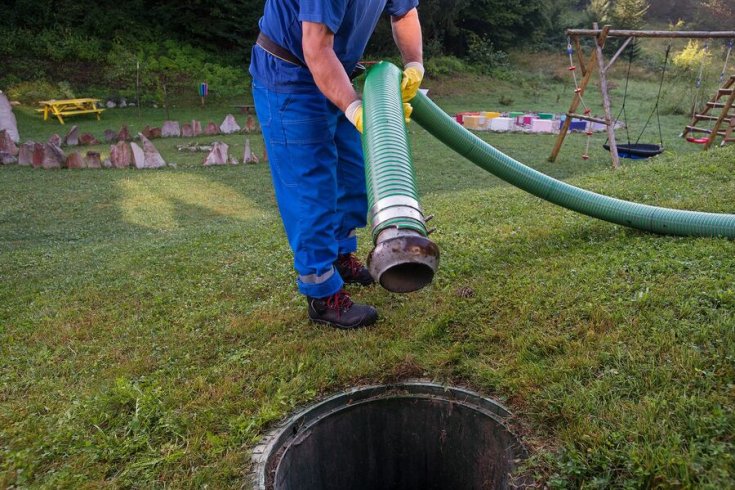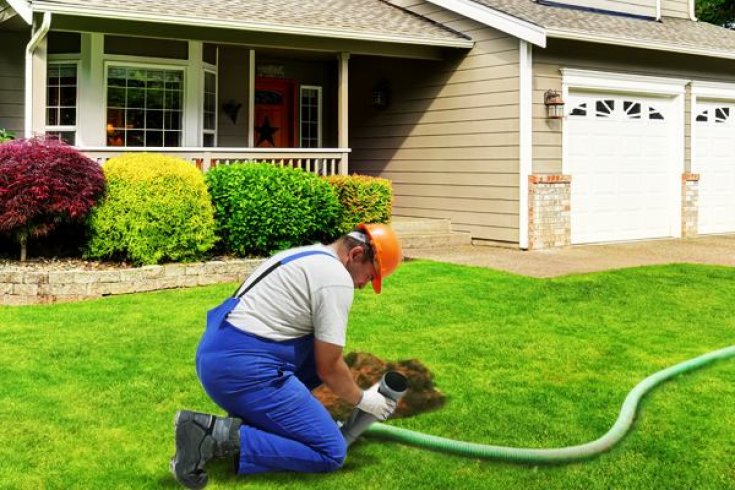
06
Septic tank pumping is an essential aspect of maintaining a healthy and functional wastewater management system. Regular pumping removes accumulated solids and sludge from the tank, preventing backups, clogs, and system failures. However, choosing the right time of year for septic tank pumping can maximize its effectiveness and minimize inconvenience for property owners. By considering factors such as weather conditions, usage patterns, and seasonal demands, homeowners can schedule septic tank pumping at optimal times to ensure the longevity and efficiency of their septic systems.
One of the best times of year to schedule septic tank pumping is during the spring or fall seasons. These transitional periods typically offer moderate temperatures and weather conditions, making them ideal for outdoor maintenance tasks. Springtime, in particular, is advantageous for septic tank cleaning as it follows the winter months when heavy rainfall and freezing temperatures can put additional strain on septic systems. Pumping the tank in the spring helps remove any accumulated sludge from the winter months and prepares the system for increased usage during the warmer months ahead.
Similarly, fall is an excellent time for septic tank pumping as it allows homeowners to address any issues before the onset of winter. By pumping the tank in the fall, property owners can ensure that the system is functioning optimally before temperatures drop and freezing becomes a concern. Additionally, scheduling septic tank cleaning in the fall allows ample time for any necessary septic tank repairs or maintenance to be completed before the winter months, reducing the risk of emergencies and disruptions during the colder season.
Another factor to consider when scheduling septic tank pumping is household usage patterns. The frequency of pumping may vary depending on the size of the household, the number of occupants, and water usage habits. Homes with larger families or higher water usage, such as those with irrigation systems or frequent laundry cycles, may require more frequent pumping to prevent overloading the septic system. By monitoring water usage and scheduling pumping accordingly, homeowners can ensure that their septic tanks remain in optimal condition year-round.
Additionally, it's essential to consider seasonal demands and availability when scheduling septic tank pumping. Spring and fall are typically busy times for septic companies as homeowners prepare their properties for the changing seasons. Scheduling pumping appointments well in advance ensures that homeowners can secure a convenient time slot and avoid delays or scheduling conflicts. Planning ahead also allows ample time for any necessary septic tank repairs or maintenance to be completed during the off-peak season, reducing the risk of emergencies and ensuring peace of mind for property owners.
Choosing the best times of year for septic tank pumping is essential for maintaining the health and longevity of your septic system. Spring and fall offer favorable weather conditions and allow homeowners to address any issues before the onset of winter. By considering household usage patterns, seasonal demands, and any signs of trouble, property owners can schedule septic tank pumping at optimal times to ensure the reliability and efficiency of their wastewater management systems. Consulting with a professional at Charlotte Septic Pros can provide guidance and assistance in scheduling pumping or septic tank installation appointments and addressing any maintenance needs. By staying proactive about septic tank maintenance, homeowners can avoid costly repairs and enjoy peace of mind knowing that their septic systems are in good working order.

21
Simple Habits That Protect Your Septic System A well-functioning septic system does its job quietly, but the moment something goes…
Read more
14
Pump Now or Pay Later: The Real Cost of Skipping Maintenance A properly functioning septic system is easy to forget…
Read more
11
Why Your Septic System Always Acts Up at the Worst Time Homeowners often feel that septic problems strike at the…
Read more
04
Early Warning Signs Your Septic Tank Needs Pumping For homeowners who rely on a septic system, routine maintenance is not…
Read more
29
Why Does My Septic System Smell Fine One Day and Terrible the Next? If you own a home with a…
Read more
19
Is Your Septic System Overdue? Simple Home Checks You Can Do Today For many homeowners, the septic system is a…
Read more
13
5 Signs Your Septic Tank Is Overdue for Pumping Your septic system works quietly behind the scenes, managing wastewater from…
Read more
07
Do Septic Additives Really Work? Septic additives are everywhere. You’ll see them at hardware stores, advertised online, and often recommended…
Read more
29
5 Things You’re Doing Every Day That Fill Up Your Septic Tank Faster Your septic system works quietly in the…
Read more
21
Is It Normal for Grass to Grow Greener Over My Septic Tank? If you’ve noticed a patch of grass in…
Read more